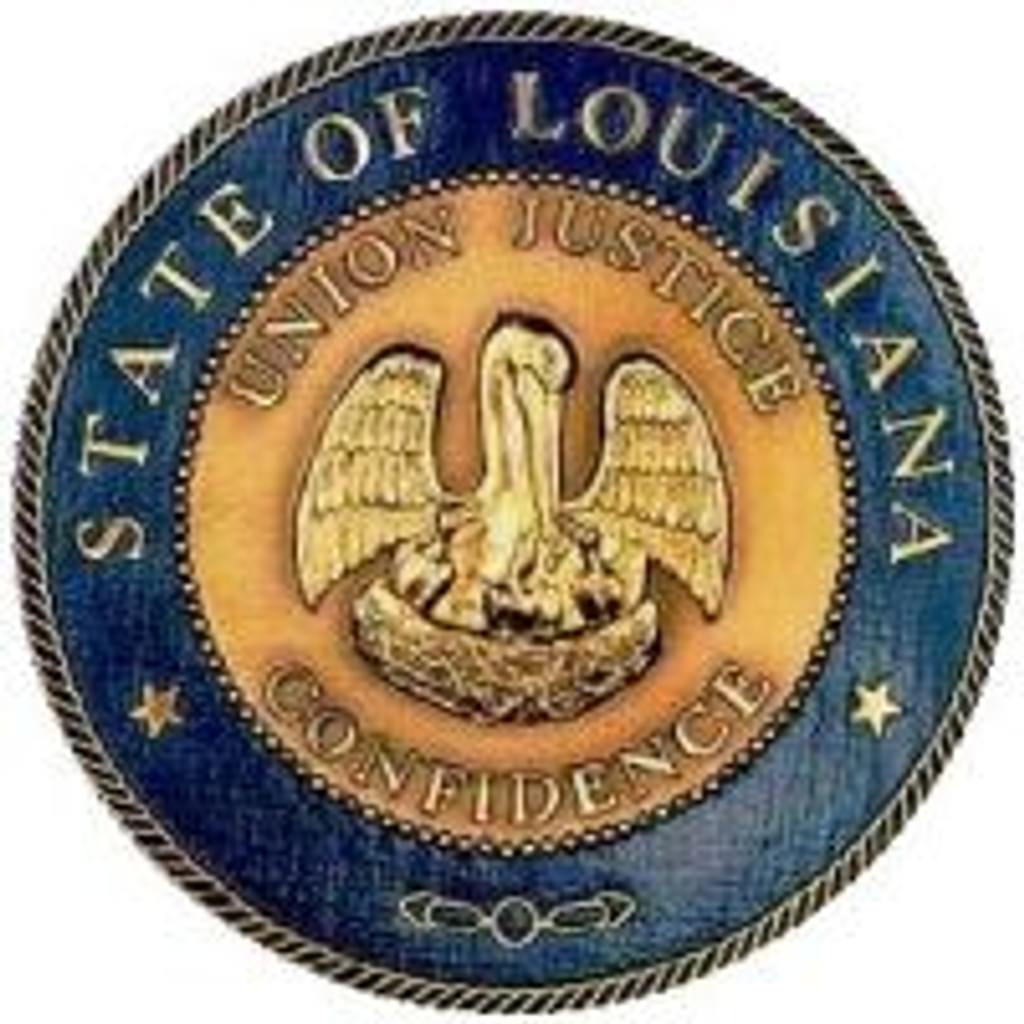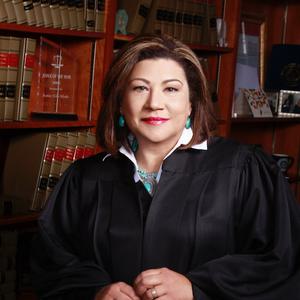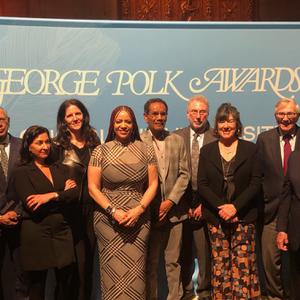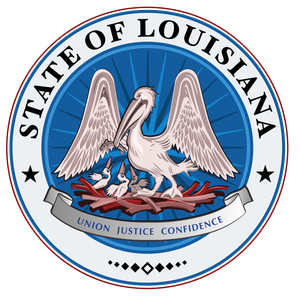
A recent op-ed written by retired Louisiana Supreme Court Chief Justice Pascal F. Calogero Jr. highlights the state’s history of violating the U.S. Supreme Court’s ruling in Brady v. Maryland. According to this ruling, prosecutors are required to disclose evidence favorable to the defense, and that failure to do so violates the defendant’s right to due process. Calogero cited a report by the Innocence Project New Orleans which found that favorable evidence was withheld in 25% of the cases of men sentenced to death in the Orleans Parish from 1973-2002. Calogero wrote, “I still believe the majority of prosecutors are fair-minded, but it is no longer possible to call these violations rare. The problem is not rogue prosecutors; it’s a system that heavily incentivizes the winning of convictions at any cost and provides no penalty for breaking rules. To ensure that citizens have access to fair trials and accurate results, we must work together to promote accountability and transparency.” The op-ed offers two suggestions for reform in this area: basic regulation of deals given to jail-house informants and a reorganization of the system so that disclosure is presumed. Calogero concludes, “Louisiana has a history of Brady violations. This is not because Louisiana has more rogue prosecutors. Rather, we have failed to provide tools and guidance to prevent these problems. Enacting reforms will prevent wrongful convictions and restore citizens’ confidence in our justice system.” Read full op-ed below.
We need reforms to increase confidence in the justice system
Our justice system makes two promises to its citizens: a fundamentally fair trial and an accurate result. As Justice Cochran of Texas’ highest criminal court observed, “If either of those two promises are not met, the criminal justice system itself falls into disrepute and may eventually be disregarded.”
The Orleans Parish district attorney has recognized the burden of past cases — where prosecutors have withheld evidence — “hangs around the neck of our criminal justice system like an anchor” and “cripples the effectiveness of our criminal justice system, and, ultimately, makes the streets of New Orleans less safe.”
Indeed, an Innocence Project New Orleans report found “favorable evidence was withheld from nine of the 36 (25 percent) men sentenced to death in Orleans Parish from 1973-2002. However, this is not just about wrongful convictions under past administrations: John Thompson, Curtis Kyles, Shareef Cousin, Dan Bright — and as the U.S. Supreme Court recently recognized — Juan Smith. It involves cases prosecuted today, with Brady violations in the cases of Michael Anderson and Jamal Tucker.
The term Brady derives from a Supreme Court case, Brady v Maryland, which held: Hiding favorable evidence violates an individual’s constitutional right to due process. Moreover, prosecutors are required to disclose favorable evidence as part of their ethical obligation. In reprimanding a prosecutor for withholding evidence, the Louisiana Supreme Court observed several years ago that: “We strenuously note … that we do not suggest that the withholding of Brady evidence is a prevalent practice. … Rather, we believe the failure to disclose evidence by a prosecutor is a rare occurrence.”
I still believe the majority of prosecutors are fair-minded, but it is no longer possible to call these violations rare. The problem is not rogue prosecutors; it’s a system that heavily incentivizes the winning of convictions at any cost and provides no penalty for breaking rules. To ensure that citizens have access to fair trials and accurate results, we must work together to promote accountability and transparency.
Public confidence in the prosecutor and police officer are essential to a functioning criminal justice system. Confidence is necessary to ensure citizens report crime, cooperate as witnesses and participate as jurors. The Department of Justice recently found that the New Orleans Police Department “employs practices that could facilitate and hide constitutional violations of criminal suspect’s rights.” Prosecutors must lead by example and work with law enforcement to promote respect for the Constitution. Where corners of the Constitution are cut, the circle of trust necessary to ensure a functioning justice system is broken.
The courts and the attorney disciplinary system have an important role to ensure that prosecutors who withhold favorable evidence face firm discipline. However, I also think it is time that the Legislature enact systemic discovery reform. The extraordinary challenges prosecutors face — large caseloads and pressure to win cases — create risks of wrongful convictions. Two basic reforms will increase confidence in the justice system.
First, basic regulation of deals given to jail-house witnesses would eliminate the problems in Kyles, Anderson and Tucker. Currently, jail-house testimony is a commodity on an unregulated market, where prosecutors are encouraged to secure the least reliable evidence from individuals with the greatest incentive to lie. Consistent with a national bipartisan commission on death penalty reform, we should insist that where the state seeks the death penalty, it relies on objective evidence rather than informants or accomplices. Moreover, in every case, deals should be disclosed in writing. The Legislature should require prosecutors to disclose promises of leniency prior to trial and prohibit granting favors after trial.
Second, open file discovery should be the norm, not the exception. A number of district attorneys’ offices around the state offer open file. That approach expedites resolution of cases and prevents wrongful convictions. Reorganizing the system so that disclosure is presumed (and secrecy the exception) will enhance trust in our justice system and reduce the cost of wrongful convictions.
Louisiana has a history of Brady violations. This is not because Louisiana has more rogue prosecutors. Rather, we have failed to provide tools and guidance to prevent these problems. Enacting reforms will prevent wrongful convictions and restore citizens’ confidence in our justice system.
Pascal F. Calogero Jr. is a retired Louisiana Supreme Court Chief Justice who is in a private law practice in New Orleans.
(P. Calogero, “We need reforms to increase confidence in the justice system,” New Orleans Times-Picayune, February 29, 2012). See New Voices.
New Voices
Mar 21, 2024




